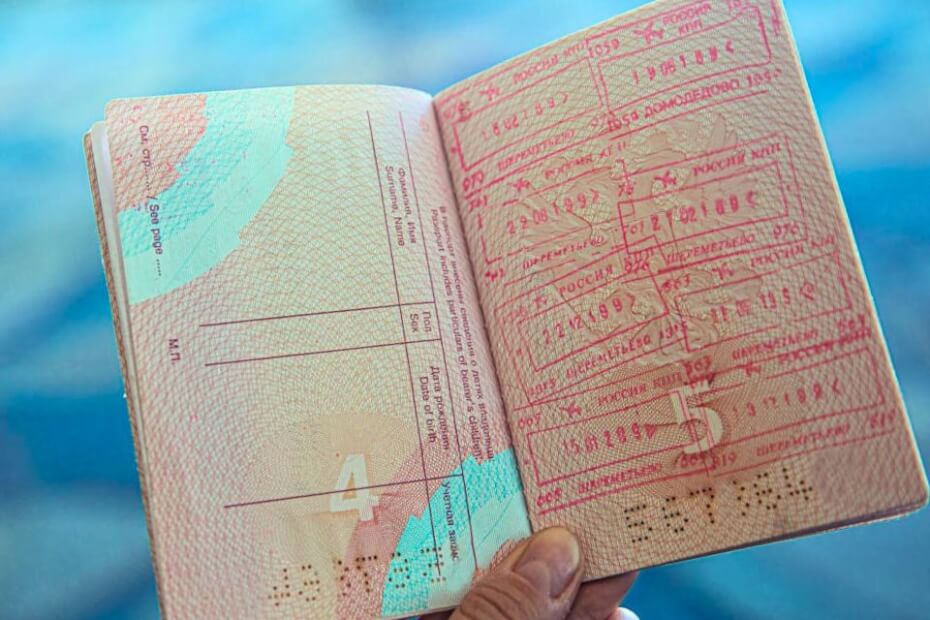
By April 2025, the United Kingdom’s (UK’s) new Electronic Travel Authorization (UK ETA) scheme will be mandatory for all non-visa nationals. These are travelers who can come to the UK without a visa.
Under the new system, travelers without a visa must apply for pre-travel authorization before short trips to the UK. This change affects millions of travelers, and understanding the difference between an ETA and a visa is essential for anyone planning a UK visit.
Can a traveler switch an ETA for a UK visa? Here’s what travelers need to know if their travel plans change.
The UK ETA system and how it works
The UK ETA is a pre-travel authorization scheme that aims to enhance border security by allowing the government to pre-screen non-visa travelers before they arrive. It is also designed to streamline border checks for low-risk travelers, as the ETA is linked to one’s passport.
The UK has introduced the ETA scheme in phases. Travelers from several Gulf countries have been using digital permits since November 2023. ETA applications were opened for non-visa nationals, except Europeans, on 27 November 2024 for travel to the UK on or after 8 January 2025.
By April 2025, all visa-exempt UK travelers, including European nationals, must have an ETA before their journey. Europeans can start applying for their travel permit on 5 March 2025.
The ETA costs £10 per application and is valid for two years or until the passport expires, whichever comes first. During this time, holders can visit the UK multiple times for up to six months per trip.
Can travelers with an ETA switch and apply for a UK visa if their travel plans change?

If travelers’ circumstances change while they are in the UK—such as receiving a job offer, deciding to enroll in a long-term study course, or marrying a UK citizen—they cannot convert their ETA into a visa.
The UK ETA scheme and the UK visa application process are two entirely separate systems. Some UK visa holders can apply for an extension or switch their visa to another visa, but they cannot switch an ETA to a visa.
The UK requires all new visa applications to be made from outside the country. This means that the traveler with an ETA must first leave the UK and apply for the correct UK visa from their home country.
Who needs an ETA or a UK visa?
UK entry requirements depend on travelers’ nationality, how long they plan to stay, and the purpose of their visit.
ETA Holders
Travelers who qualify for an ETA are nationals of countries with visa-free agreements, including the United States, Canada, Australia, New Zealand, and more.
European Union (EU) Member States, except for Ireland, also fall under this category. Irish citizens are exempt from the UK ETA scheme due to a long-standing Common Travel Area arrangement allowing free movement between Ireland and the UK.
The ETA is valid for short-term stays in the UK of up to six months per visit. It can be used for tourism, family visits, permitted business activities, or short-study programs. Those transiting in the UK or coming under the Creative Worker visa concession must also obtain an ETA before their trip.
Visa Holders
Nationals from countries without visa-free agreements must apply for a UK visa. Travelers also need a visa for long-term stays of over six months or specific purposes like work, long-term study, or settlement.
Here are some common categories:
- Visitor visas: For leisure trips, family visits, or medical treatment.
- Work visas: For jobs in skilled professions, temporary work, or specific roles like healthcare.
- Student visas: For courses lasting more than six months.
- Settlement visas: For those joining family members or planning permanent residency.
- Transit visas: For travelers passing through the UK to another destination.
Each visa type has specific rules. For example, a tourist visa does not allow you to work, and a work visa may have restrictions on study or other activities.
The ETA is equivalent to the UK Standard Visitor visa but for non-visa nationals. The visa-waiver agreement between the UK and a non-visa traveler’s country allows its citizens to skip the more complex and expensive visa application process.
For a more detailed discussion about the similarities and differences between a UK ETA and a Standard Visit visa, click here.
ETA vs. UK visa application process

The application process also varies since the UK ETA and visa systems are separate.
Applying for an ETA is quick and straightforward. Travelers must complete an online application form through the UK Government website or the UK ETA app.
The application form required travelers to provide information such as personal and passport details, contact information, and a recent passport photo and answer a security question.
ETA applicants must pay the £10 application fee via a credit or debit card, Apple Pay, or Google Pay to submit their application.
Most decisions are issued within three working days, but some applications may take longer if additional checks are needed.
Visa applications are a more complex process and require more detailed documentation. Applicants must first complete an online application form through the UK Visas and Immigration website.
They must then submit all requirements during their visa appointment at the visa application center or consulate. They must also submit biometric data such as fingerprints and pay visa fees, which vary depending on the visa type being applied for.
UK visa processing times vary but may need at least three weeks and require facial scans. You may need to attend a biometrics appointment at a visa center. Processing times vary by visa type.
Staying compliant with UK immigration policies
By understanding the UK entry requirements, travelers can ensure a smooth and hassle-free visit to the UK.
It’s also crucial to follow the rules of your ETA to avoid penalties, including deportation or bans on future travel to the UK. The fundamental rules for an ETA include:
- You can only stay in the UK for up to six months at a time.
- You cannot work or enroll in long-term study programs.
- You must leave the UK before your ETA expires.
Breaking these rules can result in fines, deportation from the UK, and rejection of future ETA or UK visa applications.
Travelers are advised to always check the terms of their travel document, whether an ETA or visa, and ensure compliance to avoid legal trouble.

